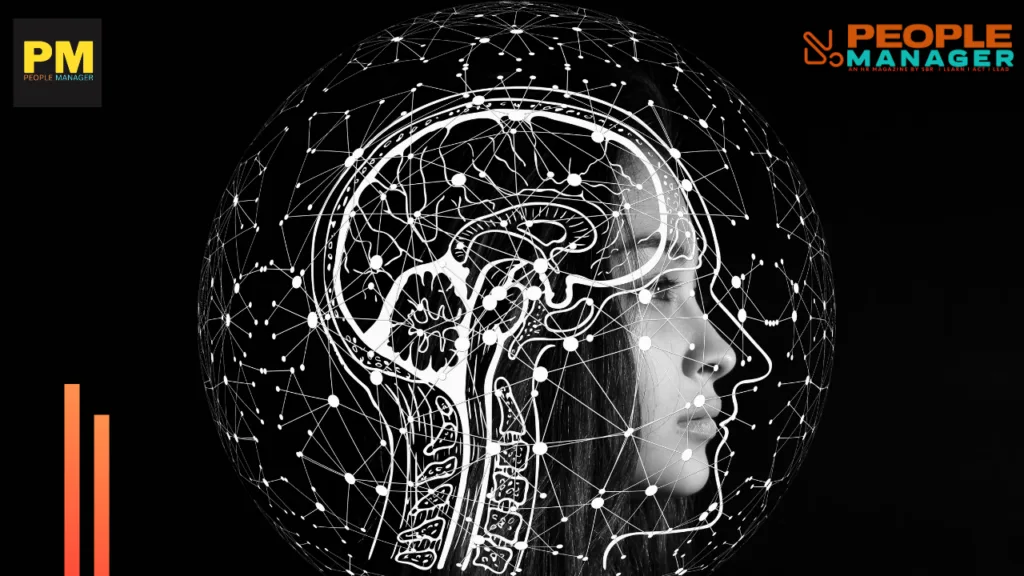The Efficiency Dilemma: Systems, Processes, and the Cost to Creativity
Systems and Processes enhance efficiency but potentially stifle creativity: While systems streamline tasks, they can lead to a decline in critical thinking, creativity, and innovation. This is because relying on pre-defined steps can reduce the need for independent problem-solving and original thought.

Working more with Systems and Processes increases the efficiency or productivity in that activity but it reduces your thinking abilities. You are becoming more productive but thinking less , creative less , innovative less. I feel the smartest people should create systems and processes for average people to increase their efficiency or productivity but not use systems or processes for themselves.
Therefore when you create systems and processes there are two kinds of people, the brilliant guys who create these systems and processes, the average guys are required to use these systems and processes. It looks very interesting finding.This is a fascinating and complex interplay between efficiency, creativity, and the role of systems.
It is a curious paradox that the brilliant minds who develop these tools aim to enhance productivity, yet our growing dependence on them risks diminishing our creative thinking and problem-solving abilities.Although automation and digital advancements simplify many tasks, they may also lead us to lose the joy of learning and self-discovery. Ultimately, while systems and processes streamline work, it is truly essential to maintain a balance that preserves our natural capacity to think, create, and innovate.
Systems and Processes enhance efficiency but potentially stifle creativity: While systems streamline tasks, they can lead to a decline in critical thinking, creativity, and innovation. This is because relying on pre-defined steps can reduce the need for independent problem-solving and original thought.
The Division of Labour: A division of labour where “brilliant” individuals create systems, and “average” individuals execute them. This implies that the most intellectually capable should focus on system design, leaving the operational aspects to others.
The Importance of Meta-Cognition: the key lies in maintaining meta-cognition, or the ability to think about one’s own thinking. Even when using systems, individuals should actively reflect on their processes and seek opportunities for improvement. Consciously avoiding over-reliance on systems and engaging in activities that stimulate creativity e.g., brainstorming, exploring new ideas) is crucial.
The Role of Automation and AI: with the rise of automation and AI, the distinction between system creators and users is becoming blurred. AI can both create and execute systems, raising questions about the future of work and the need for human creativity.The ability to utilize and understand AI, is a new form of creativity and problem solving.
Balancing Efficiency and Innovation: Organizations and individuals need to find a balance between efficiency and innovation. Creating environments that encourage experimentation, risk-taking, and continuous learning is essential for fostering creativity. A good system should allow for feedback and system improvements.
Systems are tools: Like any tool, a system can be used well, or poorly. A knife can be used to prepare a wonderful meal, or it can be used to cause harm. Systems are the same way. The user of the system, determines much of the outcome.
This highlights a valid concern about the potential trade-off between efficiency and creativity. However, it’s important to recognize that systems are not inherently negative. The key is to design and use them in a way that maximizes their benefits while minimizing their potential drawbacks. Maintaining a balance between structured processes and creative exploration is crucial for individual and organizational success. For further insights into the evolving workplace paradigm, visit








